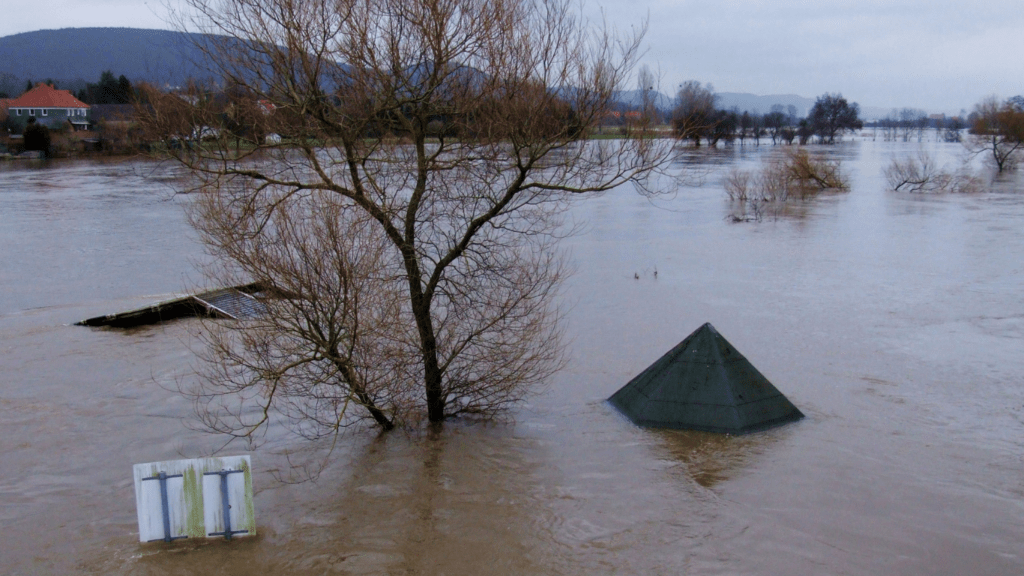Overview of Global News
I examine significant worldwide events shaping today’s narratives. Political shifts, such as leadership changes in major countries, impact international relations and trade. Economic developments, including inflation trends and stock market fluctuations, influence global financial stability. Environmental issues, like climate change discussions and natural disasters, affect global policies and humanitarian efforts.
Technological innovations continue advancing industries, with significant breakthroughs in artificial intelligence and renewable energy. Cultural stories capturing global attention often reflect societal changes, including movements for social justice and calls for equality. These events highlight our interconnected world and underscore the importance of staying informed in real-time.
Political Developments
I’m keeping a keen eye on political developments worldwide, as these events shape international dynamics. From significant elections to diplomatic initiatives, each story influences global relations.
Key Elections and Political Changes
In recent months, major elections have reshaped political landscapes. For instance, a pivotal election in Italy resulted in a coalition government, altering the balance of power. Similarly, Brazil’s national elections saw a dramatic shift with the rise of progressive candidates. These shifts often reflect broader societal trends, influencing policies both domestically and internationally.
International Relations and Diplomacy
In international relations, countries are engaging in critical dialogues. The United States and China recently held several rounds of negotiations, focusing on trade and security, while the European Union has strengthened ties with African nations through new collaborative trade agreements. These diplomatic efforts aim to resolve conflicts and encourage cross-border cooperation, demonstrating the ongoing importance of diplomacy in a complex global environment.
Economic Trends
Economic developments play a pivotal role in shaping headlines around the world. Global markets and trade, along with economic crises and recovery efforts, demand close attention.
Global Markets and Trade
Global markets fluctuate daily with significant implications for international trade. The International Monetary Fund (IMF) projected global growth at 3.0% for 2023, warning of potential downturns if geopolitical tensions rise. Trade tensions between major economies, like the United States and China, continue impacting tariffs and supply chains. The European Union (EU) explores new agreements to diversify trade partners amid concerns of over-reliance on specific markets. Currency exchange rates also experience volatility, affecting import and export prices globally.
Economic Crises and Recovery Efforts
- Several nations face economic crises that require strategic recovery efforts.
- Inflation remains a pressing issue in countries like Argentina, where rates surpassed 100%.
- Governments implement monetary policies and fiscal strategies to curb inflation and stabilize currencies.
- In contrast, post-pandemic recovery in many developed nations progresses steadily, driven by resilient consumer spending and government stimulus.
- International organizations, such as the World Bank, provide financial support to struggling economies, addressing poverty and fostering sustainable growth initiatives.
Environmental Concerns
Efforts to combat environmental issues are shaping global narratives. As awareness increases, many countries are crafting policies to address various challenges.
Climate Change Initiatives
Countries are implementing strategies to reduce carbon emissions. The European Union targets a 55% reduction by 2030 compared to 1990 levels. The United States rejoined the Paris Agreement, pledging to cut emissions by 50%-52% below 2005 levels by 2030. China aims to reach peak emissions before 2030, with net-zero emissions by 2060. Renewable energy investments in:
- solar power
- wind power
are gaining momentum, as nations transition towards sustainable energy solutions.
Natural Disasters and Impact

Natural disasters continue to affect global communities significantly. In 2023, several hurricanes impacted North America, causing widespread damage and economic loss. Floods in Asia displaced thousands, highlighting the urgent need for infrastructure resilience. Wildfires in Australia and California destroyed large areas of forest and threatened biodiversity. These events underscore the importance of adaptation and preparedness in reducing future risks and impacts.
Technological Advancements
Technological advancements are reshaping industries and societies worldwide. From sustainability innovations to AI’s transformative impact, these changes are at the forefront of major global stories.
Innovations in Sustainability
Innovations in sustainability are rapidly transforming the global landscape. Solar power efficiency has improved dramatically, with solar panels now reaching conversion efficiencies of up to 23%. Battery technology advancements have increased energy storage life, facilitating greater renewable integration. Countries like Germany and China are leading in wind energy capacity, with both investing heavily in offshore projects to harness more of this clean energy source.
Sustainable agriculture technologies are also making strides. Vertical farming and hydroponics are reducing water usage by up to 90%, promoting food security in urban areas. Additionally, innovations in waste management are driving circular economies, as seen in Sweden, where nearly 99% of household waste gets recycled or converted into energy.
Influence of AI and Automation
AI significantly influences various sectors, driving efficiency and innovation. Industries like healthcare have embraced AI for diagnosis and treatment, with algorithms achieving accuracy rates up to 95% in identifying certain diseases. In manufacturing, automation technology enhances production speed and quality control, with robots handling repetitive tasks, minimizing errors, and increasing productivity.
AI also impacts the financial sector, where algorithms manage wealth with precision, assisting in real-time decision-making and predictive analytics. Autonomous vehicles are on the verge of broad implementation, thanks to advancements in AI that enhance safety features and navigation. As AI and automation continue to evolve, they promise to redefine job roles, necessitating skill development in emerging fields.



 ____________
____________
